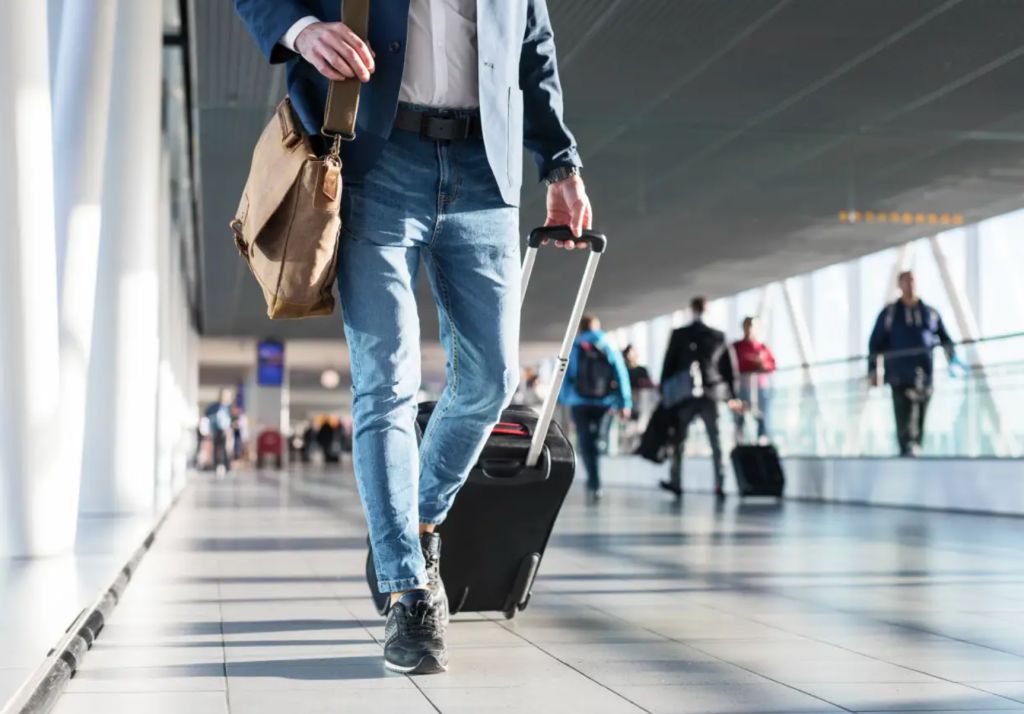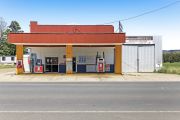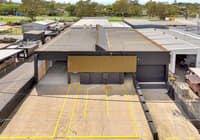
Milestone projects boost growth in corporate travel
Construction has outstripped even the mining industry and government sector for growth in business travel over the past nine months – up by 145 per cent, compared with January to September in 2019.
The mining and government sectors remain the top two industries for sheer volume of corporate travel undertaken by Australian business people, according to booking statistics released by Flight Centre Corporate’s four brands: FCM, Corporate Traveller, Flight Centre Business Travel, and Stage and Screen.
And the construction industry has risen from sixth to third place this year as projects such as Victoria’s 2026 Commonwealth Games, and the Brisbane Olympic Games in 2032 – plus the building boom – stimulate the need to meet clients and suppliers face to face.
“Construction is absolutely booming across the country, from houses and units to high-rises and new stadiums, and this has led to a massive rise in the need for this industry to get on a plane to carry out business,” said Flight Centre Corporate managing director ANZ Melissa Elf.
Travel within the medical industry has also rocketed this year, tipping it into fourth place, ahead of engineering, with consulting on sixth spot.
FCM data shows the domestic/international split for corporate travel has returned to its pre-COVID pattern at 66 per cent domestic and 34 per cent international for September 2022, compared with 64 per cent domestic and 36 per cent international in September 2019.
The top five international destinations for Australian corporate travellers for September were the United States, the United Kingdom, Singapore, New Zealand and Canada.
The construction industry generates more than $360 billion in revenue, producing around 9 per cent of gross domestic product, with a projected annual growth rate of 2.4 per cent over the next five years, according to the Australian Industry and Skills Committee.
Mining has also seen solid growth in corporate travel of 78 per cent in terms of booking numbers, followed by government, which held steady but didn’t grow.
“Engineering has followed a similar path to construction with its significant growth versus pre-COVID in 2019 but medical, understandably, has moved into the top four for the first time since before the pandemic began,” Ms Elf said.
“Being able to travel domestically and abroad is critically important for the construction industry as it allows us to win new business, carry out site visits and deliver projects that help fuel the Australian economy,” McConnell Dowell group procurement and plant manager Andrew McFarlane said.
The Global Business Travel Association recently found most executives expected to travel even more in 2023 than they did this year, according to a survey in July of 400 frequent business travellers and nearly four dozen executive travel budget decision makers across four global regions.
However, they felt the business travel industry would not reclaim its 2019 spending levels of $US1.4 trillion ($2.2 trillion) until 2025 or 2026.
The number one business reason for travel was “to accomplish business goals”, cited by 85 per cent of respondents.
The survey also found health concerns related to COVID had moved behind the more pressing economic uncertainty and geopolitical issues as a reason not to travel.











